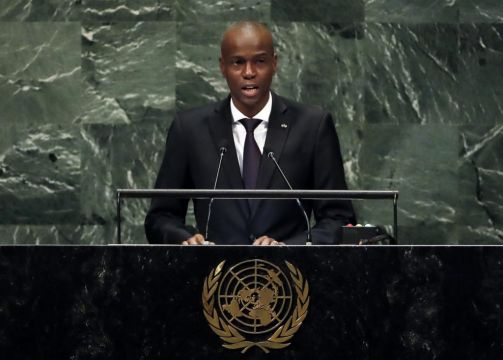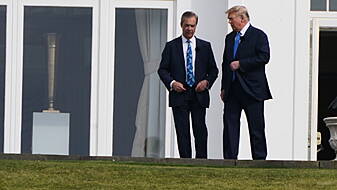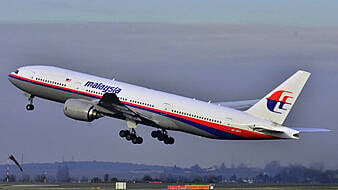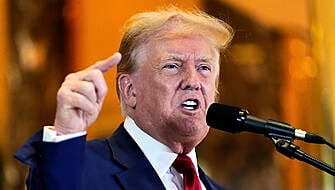Haitian president Jovenel Moise was shot dead when assassins armed with assault rifles stormed his private residence in the hills above Port-au-Prince on July 7th.
Moise's assassination has stoked fears of spiralling chaos in the Western Hemisphere's poorest nation.
It has also triggered an international manhunt for the gunmen and alleged masterminds across the Americas region.
Here is what we know so far:
How was Moise killed?
A large group of gunmen killed Moise (53) in an early morning attack on his residence in Petionville, a northern, hillside suburb of the capital Port-au-Prince. His wife was critically wounded.
Haiti's ambassador to the United States, Bocchit Edmond, said the gunmen were masquerading as US Drug Enforcement Administration agents during the attack, which would likely have helped them gain entry into the guarded house.
What happened to the gunmen?
The gunmen fled but the police tracked some of them to a house near Moise's residence, where a firefight lasted late into the night.
So far 18 of the 26 Colombians suspected of playing a role in the attack have been detained, while three were killed by police and five are still on the run. Police have also arrested two Haitian Americans and another Haitian thought to be the brains behind the operation.
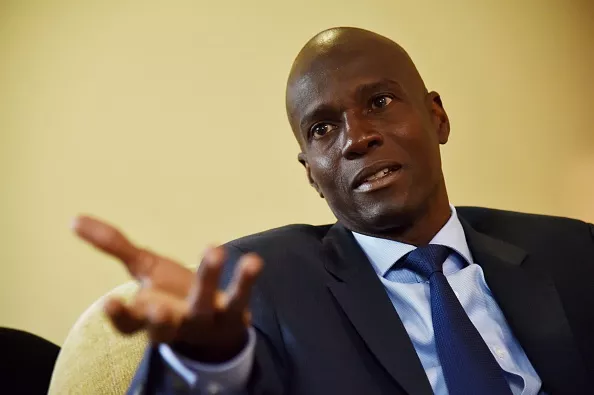
Who were the Colombian hitmen?
Colombian defence minister Diego Molano said initial findings indicated that Colombians suspected of taking part in the assassination were retired members of his country's armed forces.
Many of the former Colombian soldiers went to Haiti to work as bodyguards, but others knew a crime was being planned, Colombia's president said on Thursday.
A "small number" of the detainees had received US military training in the past while serving as active members of the Colombian military, the Pentagon said.
Who are the masterminds behind the attack?
Ex-Haitian justice ministry official Joseph Felix Badio may have ordered the assassination three days before the attack, giving the orders to former Colombian soldiers Duberney Capador and German Rivera, according to Colombian police chief General Jorge Vargas. Badio's whereabouts was unclear, and he could not immediately be reached for comment.
Authorities have also detained 63-year-old Christian Emmanuel Sanon, widely described as a Florida-based doctor, and accused him of being one of the masterminds behind the killing.
Sanon hired mercenaries to oust and replace Moise, authorities say. He was said to have flown to Haiti on a private jet in early June, accompanied by hired security guards, and wanted to take over as president.
National Police Chief Leon Charles also identified former Haitian Senator John Joel Joseph as a key player in the plot, saying he supplied weapons and planned meetings, and that police were searching for him.
Charles said Dimitri Herard, the head of palace security for Moise, has also been arrested. Prosecutors want to know why the attackers did not meet more resistance at the president's home.
What happens next?
Moise's assassination has triggered fresh political volatility in the Caribbean nation of 11 million people, with interim prime minister Claude Joseph asking the United States and the United Nations to send troops to guard the airport and other infrastructure.
US president Joe Biden on Thursday ruled out Joseph's proposal, saying such a plan "was not on the agenda at this moment".
But US investigators continue to assist Haitian authorities with their probe.
The United States may also bring charges in a US court, if possible, against those who killed Moise, a senior US administration official said.
Colombia will send a consular mission to Haiti as soon as approved by the Caribbean nation, vice president and foreign minister Marta Lucia Ramirez told journalists on Friday, to meet with the detained Colombians, ensure their rights are being respected and move ahead with the repatriation of the remains of the deceased Colombians.
The ministry is in daily contact with the families of the dead and detained, Ramirez said.
She repeated Colombian government assertions that very few of the ex-soldiers knew about the assassination plan but said those responsible should pay the price.
